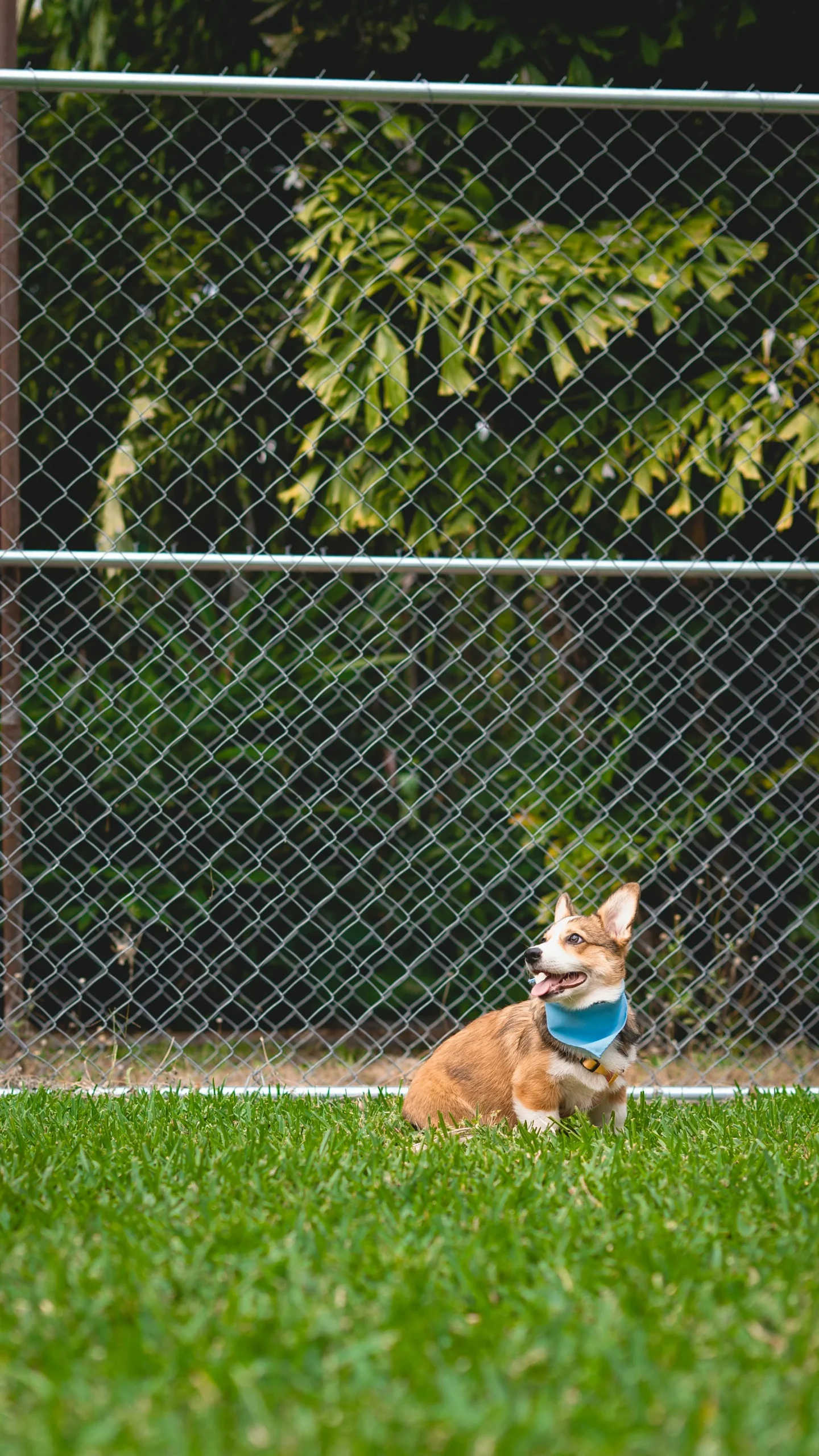The Greener Side of Dogs: Unveiling the Reasons Why Dogs Eat Grass
Contents
The sight of a dog munching on grass can be a puzzling one for pet owners. While it might seem like an unusual behavior, grass-eating is actually quite common in canines. But why do dogs eat grass? This seemingly simple question has multiple possible explanations, and the answer might vary depending on the individual dog. This blog delves into the fascinating reasons behind this grassy habit, exploring the science, dispelling myths, and offering insights to help you understand your dog’s grazing tendencies.
Nutritional Deficiency Myth: Debunking a Common Misconception
A frequent assumption is that dogs eat grass to fulfill a nutritional deficiency. However, modern, well-balanced dog foods should provide all the essential nutrients a dog needs. So, while a lack of nutrients might be a factor in rare cases, it’s generally not the primary reason for grass-eating in healthy dogs.
Digestive Benefits: Grass as a Natural Laxative
One theory suggests that dogs eat grass to aid digestion. Grass is a good source of fiber, which can help regulate the digestive system and promote the passage of stool. If your dog is experiencing occasional constipation or an upset stomach, they might intuitively graze on grass to find relief.
Behavioral Reasons: Boredom, Play, and Attention Seeking
Grass-eating can sometimes be a sign of boredom or a lack of mental stimulation. Dogs are naturally curious creatures, and nibbling on grass might simply be a way for them to explore their environment or pass the time. Similarly, some dogs might eat grass as a form of play, especially if they enjoy the texture or taste. In some cases, grass-eating might be an attention-seeking behavior. If your dog knows that eating grass gets a reaction from you, they might continue the behavior to solicit attention.
Medical Considerations: Underlying Causes and When to Worry
While grass-eating is generally harmless, it’s important to be aware of potential underlying medical issues. For example, some parasites or digestive disorders can cause nausea or stomach upset, leading a dog to eat grass in an attempt to soothe their discomfort. If your dog exhibits excessive grass-eating accompanied by vomiting, diarrhea, or loss of appetite, consult your veterinarian to rule out any medical conditions.
Understanding Your Dog’s Grass-Eating Habits: Observation is Key
The best way to understand why your dog eats grass is to pay close attention to their behavior and the context in which the grass-eating occurs. Here are some questions to consider:
- When does your dog eat grass? Does it happen before or after meals, during playtime, or only on walks?
- How much grass do they eat? Occasional nibbling is likely normal, but excessive consumption could indicate an underlying problem.
- Does your dog vomit after eating grass? Vomiting could suggest an upset stomach or a more serious issue.
For more info head on over to https://petsynse.com/
